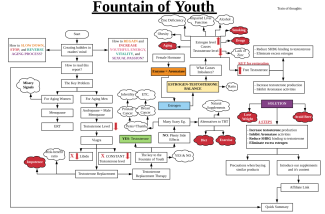Empathy, Self-Compassion and Process addictions among student-athletes, non-athletes and students seeking residential rehabilitation

Abstract
Objective: Empathy and self-compassion are two key factors that may help in the treatment of addiction-related disorders. This is a study to compare the scores for empathy, self-compassion and process addictions among student-athletes, non-athletes and those who are seeking residential treatment for substance use. The objective was to analyze the association among empathy, self-compassion and process addictions.
Method: For this cross-sectional research design, a total of (N=90) participants between 16-24 years old, enrolled in bachelors university degree programs were taken from the selected university and rehabilitation centres in Lahore, Pakistan using purposive sampling. Participants were divided n=30 into each group of student-athletes, non-athletes and residential treatment seekers. Kruskal Wallis Test independent samples t-test and Pearson correlation coefficient was applied on MedCalc 20.210.
Results: The findings suggested that there is a significant positive correlation between self-compassion and process addictions score (r=0.431, p<.001). However, there were no significant differences among the three groups of participants for the process addictions score.
Conclusion: The study has provided direction towards planning and offering self-compassion skills training or courses among students during adolescence. The students require harmless ways as an alternative to addictive behaviours.
Keywords: substance use; sports psychology; early intervention, addiction prevention
Keywords: Behavior Control, Technology Addiction, Compulsive Behavior, Lighting, Psychological Intervention
